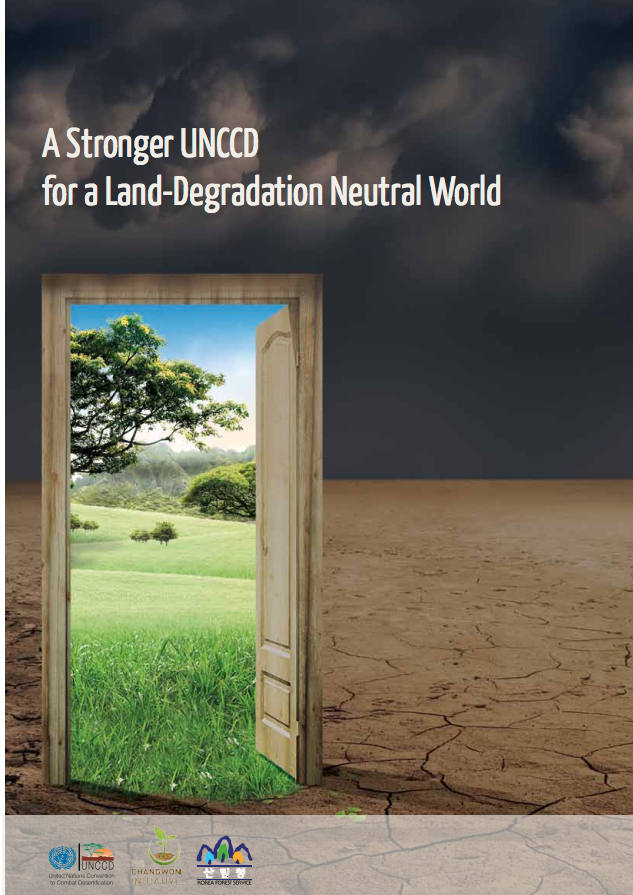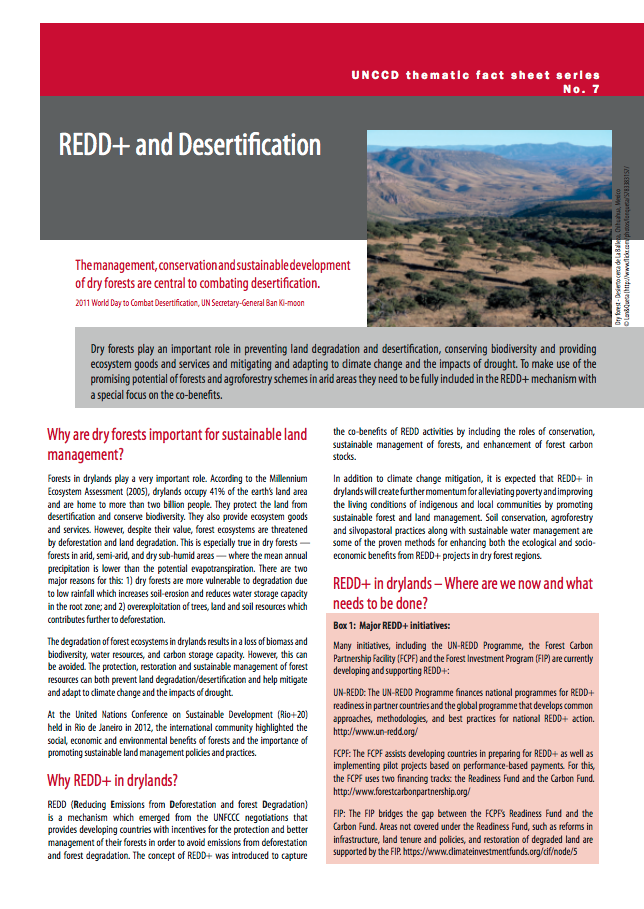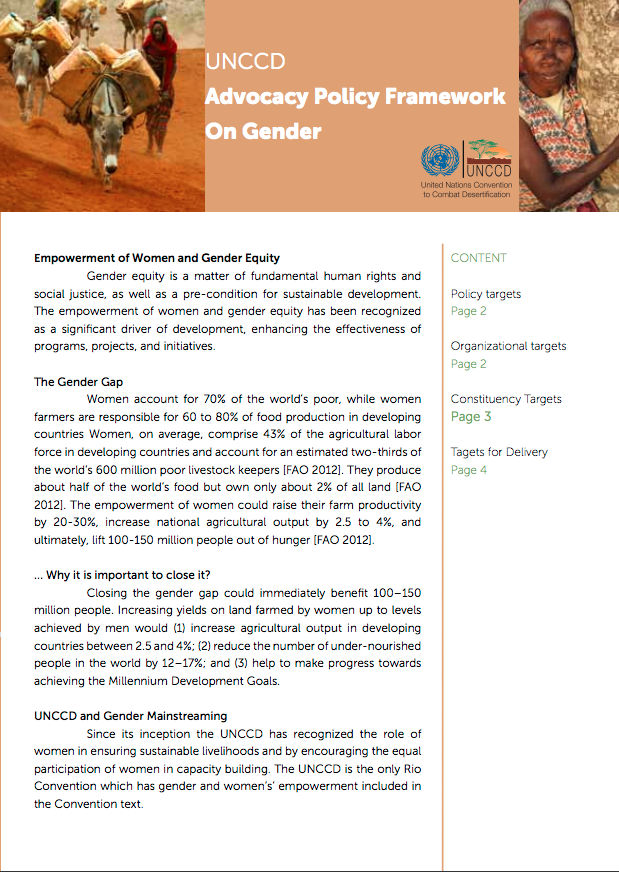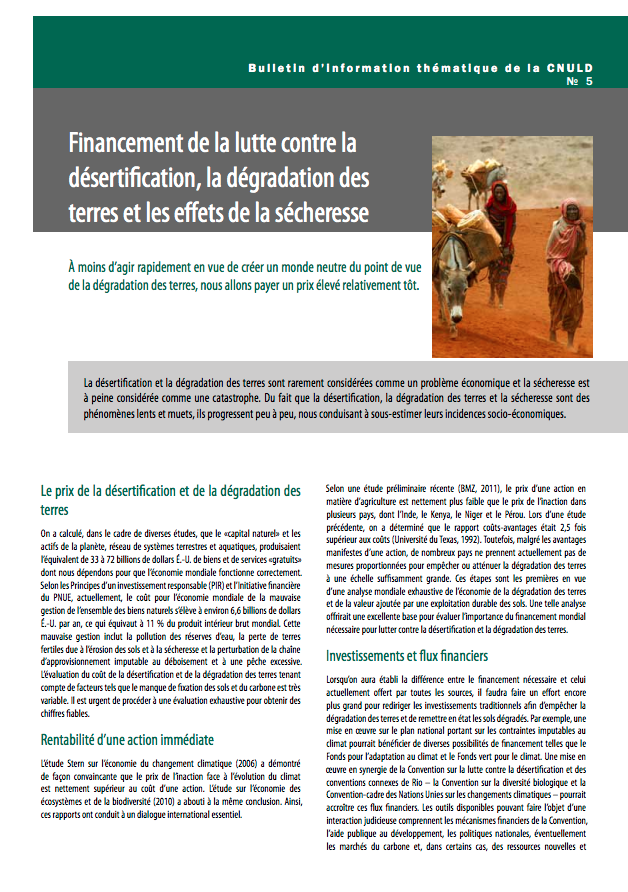Mapping sensitivity to land degradation in Extremadura. SW Spain
An assessment of sensitivity to land degradation has been carried out in the Extremadura region, SW Spain, by means of a modelling approach developed by the European Commission funded MEDALUS project (Mediterranean Desertification and Land Use) which identifies such areas on the basis of an index (Environmentally Sensitive Area index, ESA index) that incorporates data on environmental quality (climate, vegetation, soil) as well as anthropogenic factors (management).










